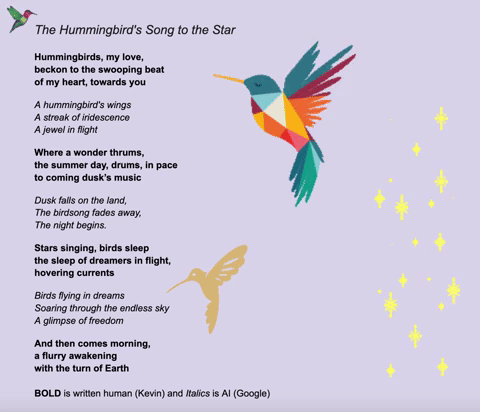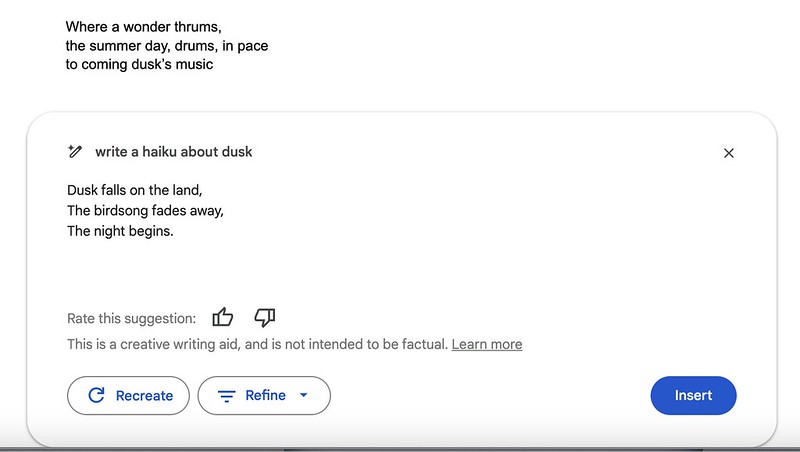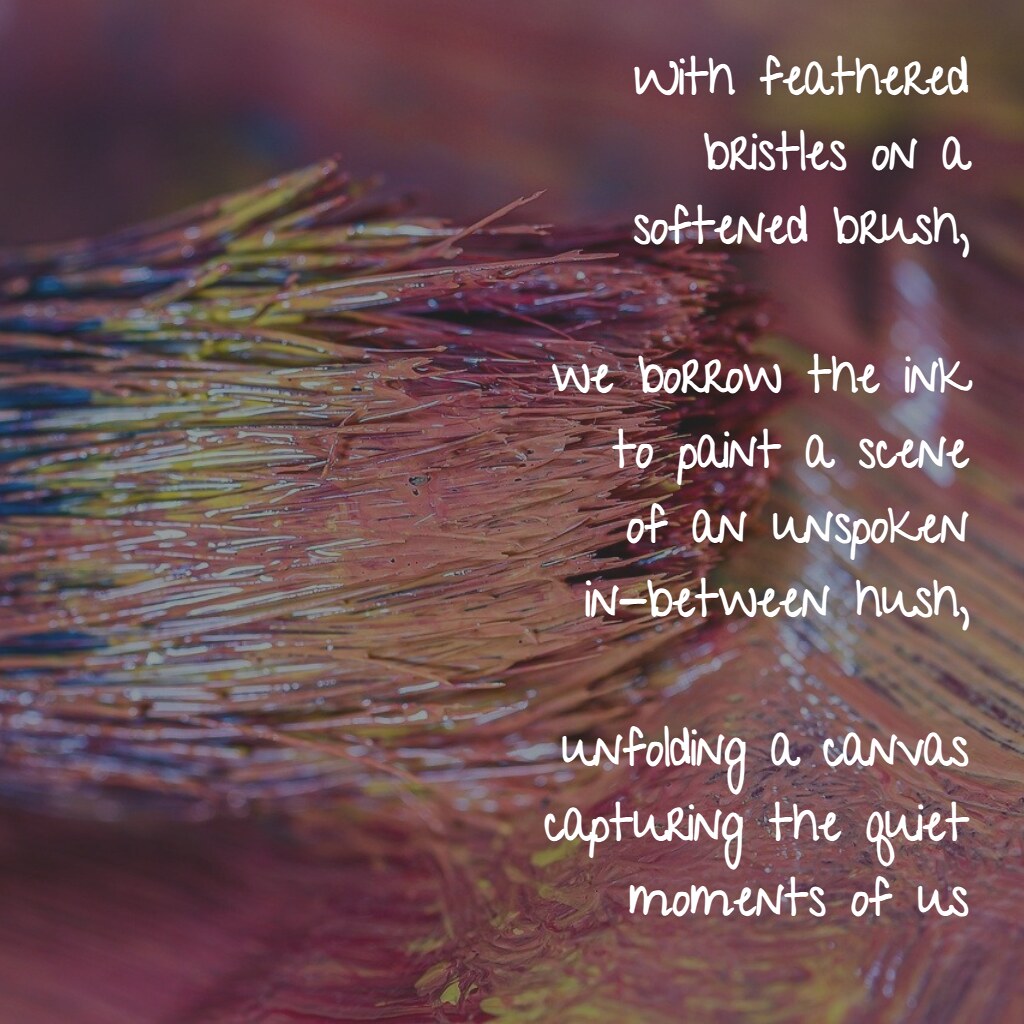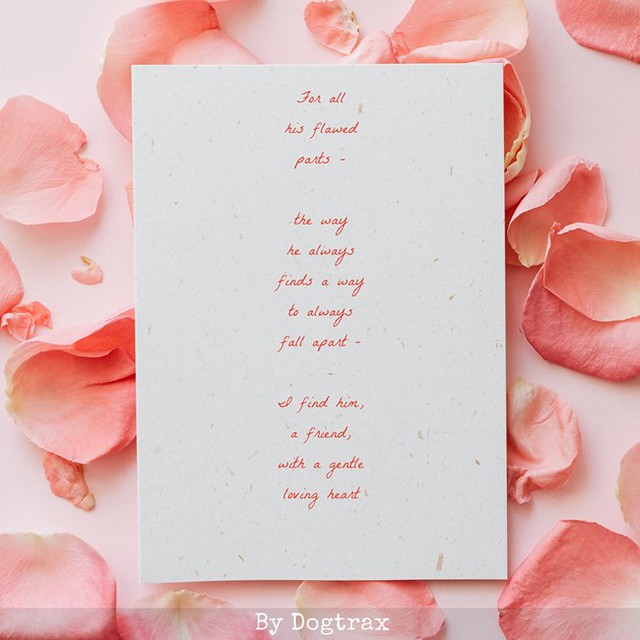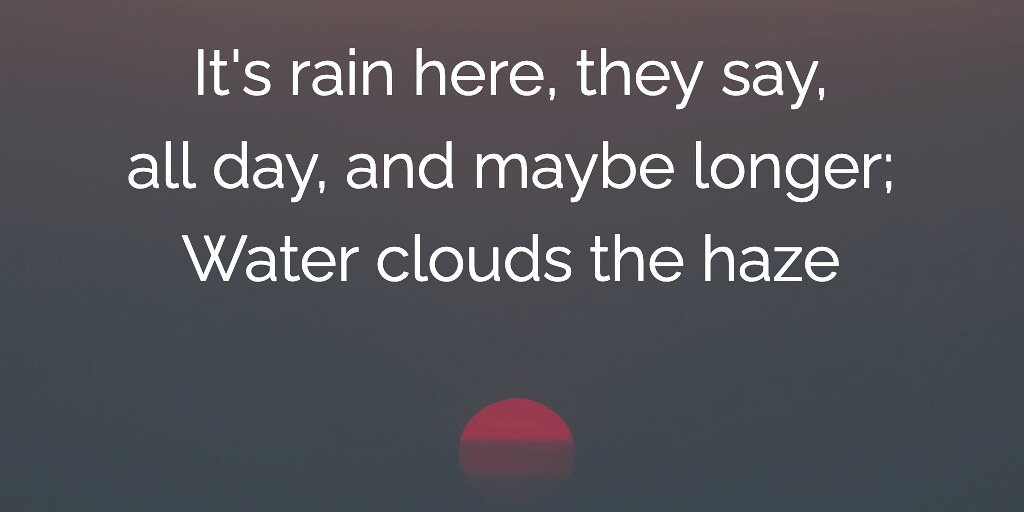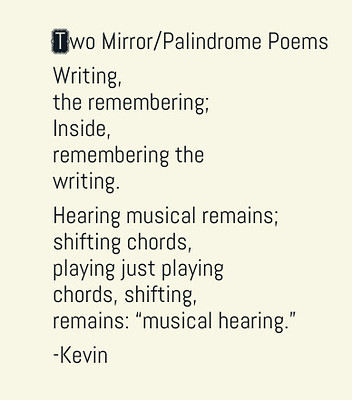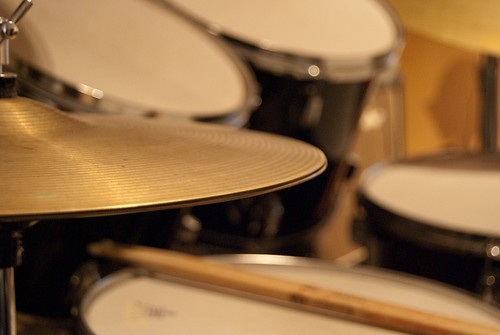
Drums flickr photo by JP Carrascal shared under a Creative Commons (BY-SA) license
My father, before he retired, was an accountant by day, drummer by night. When I was growing up, he was always busy with music. His Fridays, Saturdays and sometimes Sundays were spent keeping the beat in a variety of different wedding and dance bands, and he traveled all over, playing with different combinations of musicians every gig. (He also gave private drum lessons during the week, but that’s not really part of this story.)
And then, quite suddenly, the gigs began to dry up. It was the start of the DJ Revolution, where one person or two with a mixing board could replace an entire band of live musicians. For wedding and party planners, the cost differential of hiring a single DJ versus an entire band was huge, and for many, the finances was the decision factor. Understandable, but regrettable.
What was lost was not just my father’s regular gigs, which petered out over a stretch of time, but also the element of live music at these events, which I contend is a huge loss for making a wedding or party something special. Oh, I know DJs can do a fine job of finding the right songs and making the right mix to get our hands in the air and all that (one of my sons is now a part-time party DJ, ironically), but I’ll always argue that being in the presence of a good live band is a transformative experience. You feel the music being created, and the connection between audience and musician in the same room is an energy you can’t quite replicate with machine. Watching a human performance is a visceral experience, tying an event to memories in ways that digital tracks cannot.
Anyway, my father’s gigs dried up as DJs became more prominent, and I was thinking of this shift recently as the ethics of the data sets of Artificial Intelligence, and the ease of use to create art with Generative AI, comes more into focus. If AI can write a script, or make a piece of art, or compose a piece of music, or produce a video, or whatever, and the cost differential is the bottom line for companies that would have otherwise hired real people to make real art, then the world will shift.
Like it did for my father and his generation of musicians.
We see this same issue now playing out in the strikes in Hollywood with writers and now actors, who, among other things, worry about if their creative talents will be replaced by AI in the future as cost-cutting measures. It’s a legitimate concern, I think.
What will be lost when my father’s generation of live musicians faded into the shadows of the machine is similar, too: the authenticity of interactive experience, of being in the immediate presence of a piece of art that was conceived by the human mind and brought into being through the creative process for an audience of one (you, when you experience the art, in whatever form that art has become).
I’m not sure how I feel about this cultural transformation, or if it can be slowed or altered at this point in time. Probably not. But I already mourn the loss as a member of the audience and as a maker of art, you know?
Even as I play around with Generative AI platforms and use AI to figure out its potential (and maybe new art forms, which is potentially exciting), I know I’ll hang on to the pen scratches on paper, to the power of a musician’s solo that is different in every performance, to the synergy and energy of actors in a scene, and to much more, but will the generations after us even care whether the art is live or if it synthetic?
I hope so.
Peace (Pondering It),
Kevin

